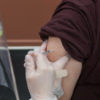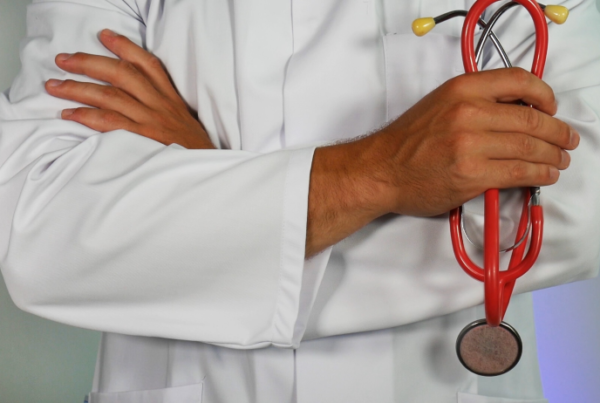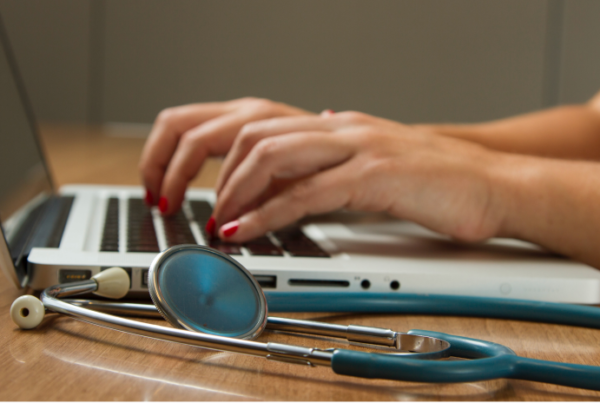
Women’s Health Week – Day 5
Each day this week we will be covering a different aspect of Women’s Health. Women’s Health Week is a great reminder to take time out to check on your own health and continue to make positive lifelong changes. Today we look at bladder and bowel health
Day 5 – Bladder & Bowel Health
Bladder and bowel issues can be embarrassing for some women to talk about. However, bladder and bowel issues are common amongst women, especially those that have given birth to children. Some issues that women may encounter include:
- Incontinence – both bladder and bowel
- Urinary Tract Infections (UTI’s)
- Bladder, bowel and vaginal prolapse
- Constipation and diarrhoea
- Irritable bowel syndrome (IBS)
- Bowel cancer
Taking care of your bladder and bowel health can help lower your risk of developing some of the common issues that women experience.
How can I improve my bladder and bowel health?
Pelvic floor exercises
Pelvic floor muscles are the group of muscles that support the bladder, bowel and uterus. Like other muscles, pelvic floor muscles can be strengthened through exercise. Women should aim to do daily pelvic floor exercises to reduce the risk of incontinence and prolapse. Regular exercise can also help strengthen these muscles.
Healthy eating
Adequate fibre, fluid and live culture intake is essential for a well-functioning digestive system. A lack of fibre is one of the main causes of bowel issues. Fluid is important to keep you hydrated if suffering from diarrhoea, and can help prevent constipation. Adequate fluid intake is also important to reduce the risk of UTI’s.
Bowel flora, good bacteria in the gut, can be destroyed by repeated antibiotic use, long term contraceptive pill use, stress, and poor diet. Yoghurt containing live cultures can help replenish good bacteria, however some women may require prescription for a supplement.
Regular health checks
Learn what is normal for your body, and if you feel anything has changed, chat to your doctor. There are a number of different treatment options available that your doctor will be able to take you through. If you are over the age of 50, it is a good idea to speak to your doctor about screening for bowel cancer.
If you have any questions about bladder or bowel health, our team of GPs can provide you with the help you need. To make an appointment, call our friendly team on (02) 9241 1577, or click here.
Check back tomorrow for our next topic – Breast Health.







